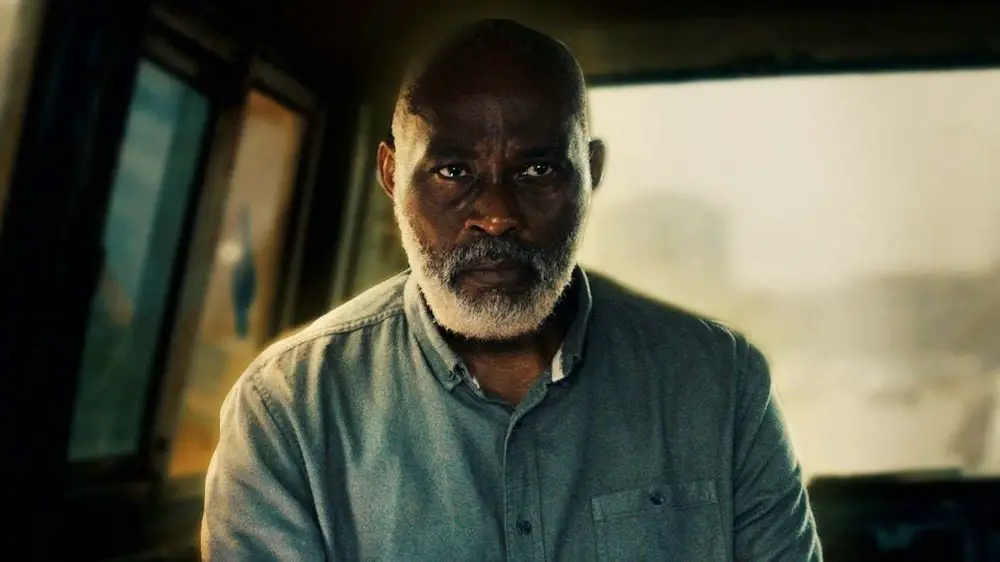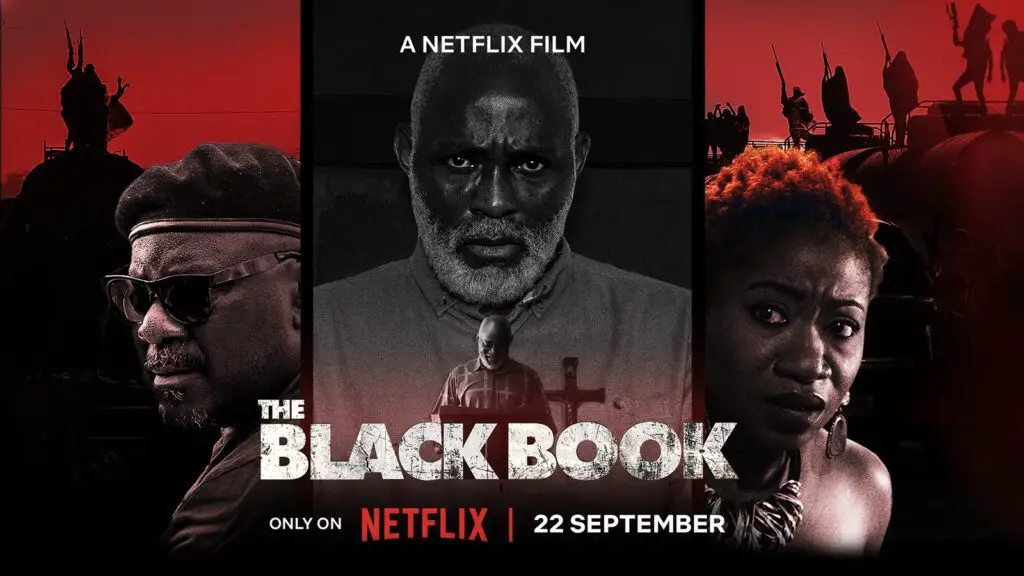As the reel rolls, the silhouettes of vengeance embark on a journey amidst the stark paths once traversed by the venerated John Wick and Bryan Mills of ‘Taken’. Netflix’s ‘The Black Book‘ is not just a tale of revenge but an expedition into the heart of Nigerian society, entwined with the fibers of corruption and power dynamics. The narrative unfolds with Paul Edima, a retired soldier-mercenary-turned-deacon, whose world shatters when his son gets framed for a grave crime. The fight for justice morphs into a personal vendetta against the corrupt, setting the stage for a narrative rich in action and moral conundrums.
The film doesn’t shy away from the harsh realities of corruption, exhibited with a brazen openness seldom seen on screen. It’s a tale where the lines between good and evil blur, where the corrupt and the righteous are but two sides of the same tarnished coin. The cinematic venture is a reflection of the societal hierarchies and power struggles prevalent in Nigeria, portrayed through realistic depictions and authentic cultural settings.
A Cultural Safari Wrapped in a Veil of Vengeance

‘The Black Book‘ is a voyage into Nigeria’s socio-political landscape, albeit through the lens of a revenge thriller. This narrative is an exquisite blend of raw action reminiscent of ‘John Wick’ and ‘Taken’, and a profound exploration of cultural and societal norms. It navigates through the murky waters of corruption, the power hierarchies that hold society in a tight grip, and the audacious quest for justice against a backdrop of personal loss and systemic rot1.
The aesthetics of ‘The Black Book’ are not merely a spectacle of high-octane action but a canvas where the colors of Nigerian culture and societal paradigms vividly come to life. Unlike conventional Hollywood thrillers, the film doesn’t forsake its cultural essence; it embraces it, providing a narrative that’s as authentic as it is thrilling.
The scenes are not just choreographed sequences of vengeance but a portrayal of a deeper narrative. They tell tales of the power dynamics at play, the corruptible nature of authority, and the indomitable spirit of those who dare to challenge the status quo. The action is but a medium to delve deeper into the societal constructs, the systemic corruption, and the heart of a culture that stands resilient amidst the chaos.
The tapestry of ‘The Black Book‘ is rich, the narrative profound, and the action sequences a hearty nod to the iconic styles of ‘John Wick’ and ‘Taken’, yet uniquely tailored to fit the thematic essence of the Nigerian societal and political landscape. Through the lens of vengeance, the audience is taken on a journey that’s as thrilling as it is enlightening, making ‘The Black Book‘ a remarkable addition to the lexicon of revenge thrillers that transcend beyond mere action, into a realm of cultural exploration and societal reflection.


